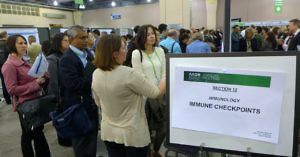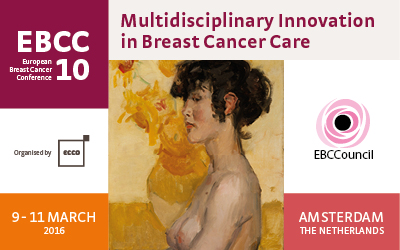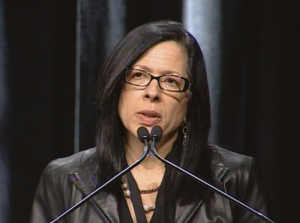After yesterdays post on Gems from the Poster Halls at the American Association for Cancer Research (AACR) in Philadelphia where we took a look at new developments in targeted therapies, several subscribers asked for a repeat, but with a focus on immuno-oncology.
 There are a number of elements that many people are interested in, especially given the Merck and BMS clinical data at AACR, where we clearly saw that:
There are a number of elements that many people are interested in, especially given the Merck and BMS clinical data at AACR, where we clearly saw that:
- Anti-PD–1 therapy with pembrolizumab is superior to anti-CTLA4 with ipilimumab in metastatic melanoma (expect nivolumab to show the same thing at ASCO)
- Combined PD–1 plus CTLA4 blockade (with nivolumab plus ipilimumab) was superior to anti-CTLA4 alone, but with higher grade 3/4 toxicities, also in advanced melanoma
Sadly though, we still see that 70-80% of patients don’t respond to these therapies.
- How can we improve on that?
- What happens when we explore other factors, tumour types and different aspects of the immune system?
- What can we learn about novel sequencing or combination approaches?
- Which ones look interesting?
Endless questions can be asked – to which we still have too few answers – although there were some encouraging signs and hints of possibilities at AACR.
The 2015 AACR program was particularly challenging this year with lots of really good symposia and general sessions, making it tough to whizz round the vast poster hall spread out around the exhibits as well. To give you an idea of scale, it was pretty typical to cover 17K to 18K steps a day, approximately 7 to 8 miles. For many people, fitting in a quick lunch and the posters was certainly a challenging feat, depending where you were in the complex. With a morning session ending at 12.30pm, the afternoon session starting at 1pm and 2,000 steps between the Grand and Terrace Ballrooms, you sure had to get your skates on, Beep Beep!
Subscribers can log-in to read our latest insights or you can purchase access to BSB Premium Content.
This content is restricted to subscribers
 What questions are BSB readers sending in to us this month?
What questions are BSB readers sending in to us this month?
 There are a number of elements that many people are interested in, especially given the Merck and BMS clinical data at AACR, where we clearly saw that:
There are a number of elements that many people are interested in, especially given the Merck and BMS clinical data at AACR, where we clearly saw that: Here at these sessions, top thought leaders in the space debate and lecture on key issues of the day. They’re usually packed with information and are well worth attending, even in a hectic schedule.
Here at these sessions, top thought leaders in the space debate and lecture on key issues of the day. They’re usually packed with information and are well worth attending, even in a hectic schedule.
 One of the key sessions I’m looking forward to at ECCO is the Saturday Lung Cancer Symposium on new therapeutic targets. It includes not only a presentation on PD-1 and PD-L1 Immune checkpoint antibodies, but also overviews of progress in several other pathways, namely PI3K-AKT-mTOR, RAS-RAF-MEK and ALK+/Hsp inhibitors. This should be an excellent session that allows a broad overview of many of the key areas of research in the disease.
One of the key sessions I’m looking forward to at ECCO is the Saturday Lung Cancer Symposium on new therapeutic targets. It includes not only a presentation on PD-1 and PD-L1 Immune checkpoint antibodies, but also overviews of progress in several other pathways, namely PI3K-AKT-mTOR, RAS-RAF-MEK and ALK+/Hsp inhibitors. This should be an excellent session that allows a broad overview of many of the key areas of research in the disease.